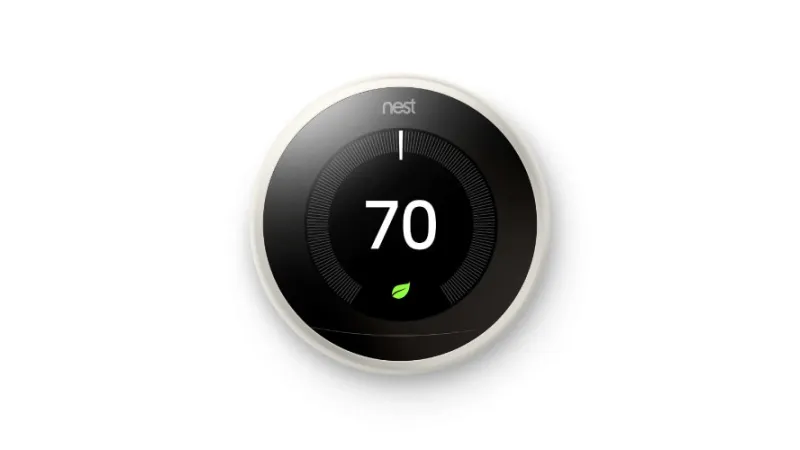Doing Our Part For a Greener Tomorrow

Reliable Loves Going Green as Much as You Do
At Reliable Heating & Air, we're committed to being as green as possible—and helping our customers do the same.
Whether you want to eliminate plastic water bottles in your house or reduce fossil fuel usage in your business, you can rely on us to help. Our experts will give you the best HVAC, plumbing, water purification, air filtration, and smart home recommendations to help you reduce your carbon footprint and make your home or business more environmentally friendly.
Heat Pumps
Unlike furnaces, heat pumps don't burn fossil fuels to generate heat. Instead, heat pumps efficiently transfer the heat that already exists outside to inside your house or building.
Most heat pumps can effectively pull in heat above freezing temperatures, but some of the more efficient systems on the market (like the Trane XV20i) can operate in temperatures as low as 0°F. Even if you decide to pair your heat pump with a furnace for those cold Atlanta winter nights, it will be a great, green alternative to the furnace in the mild spring and fall temperatures.
Have questions about heat pumps? Our experts at Reliable Heating & Air can answer any questions you have and give you the best options for helping you reduce your greenhouse gas emissions.
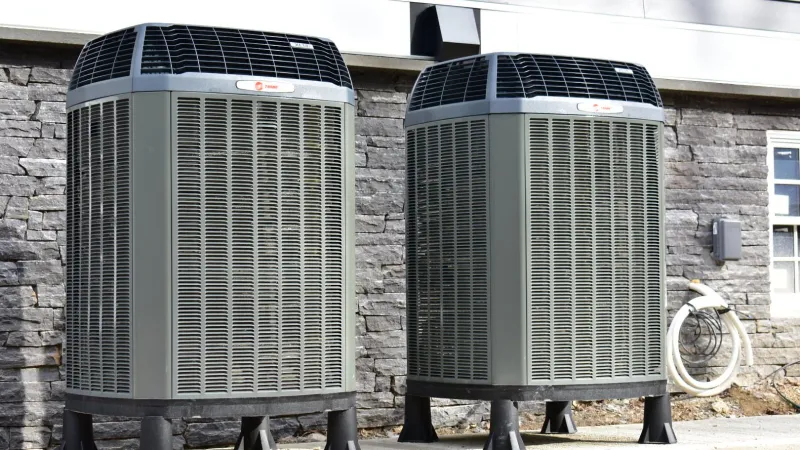
Tankless Water Heaters
While tank water heaters are improving in efficiency, they still constantly heat water and store it until you're ready to use it. Tankless water heaters, on the other hand, only heat water when you need it—making your hot water usage much more efficient.
According to energy.gov, homes that use fewer than 41 gallons of hot water per day can save roughly 24%-34% on their water heater energy usage with a tankless water heater. Homes that use more than that can save between 8% and 14%.
Plus, tankless water heaters give you an endless supply of hot water since they don't have a tank that can run out. They're also a great option if you need to save space in your basement or garage since the smaller unit attaches to the wall.
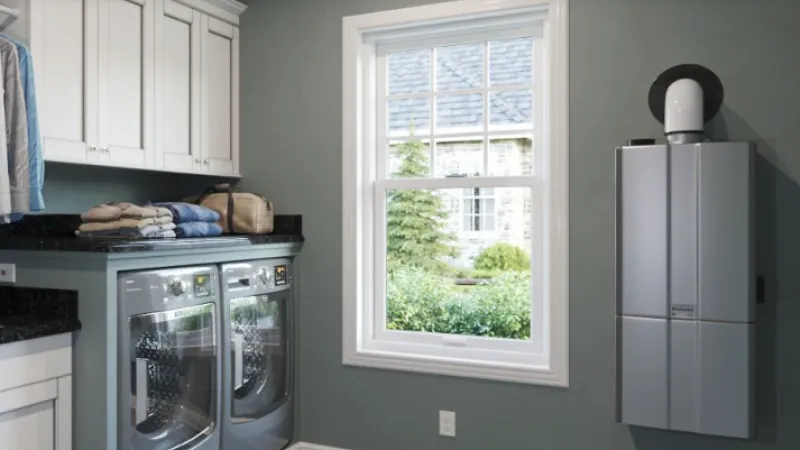
Plumbing
Most plumbing fixtures (toilets, shower heads, sinks, etc.), especially older ones, aren't very efficient when it comes to water usage. Upgrading to new, low-flow fixtures could help you avoid wasting thousands of gallons a year—not to mention save you hundreds of dollars on your annual water bill.
Plumbing fixtures with the WaterSense label are designed to be more efficient and use less water than ones without the label. For example, WaterSense toilets use about 20% less than the current federal standard flow, and WaterSense faucets use roughly 30% less.
Another way to reduce water waste is to fix leaking fixtures. You might not think a drip here and there matters much, but a faucet that drips 10 times a minute can waste almost a gallon a day! Toilets are often another leak culprit, with worn out valve seals wasting hundreds of gallons a week.
Contact us and we'll help you make sure your plumbing is up to snuff and as water savvy as it can be.
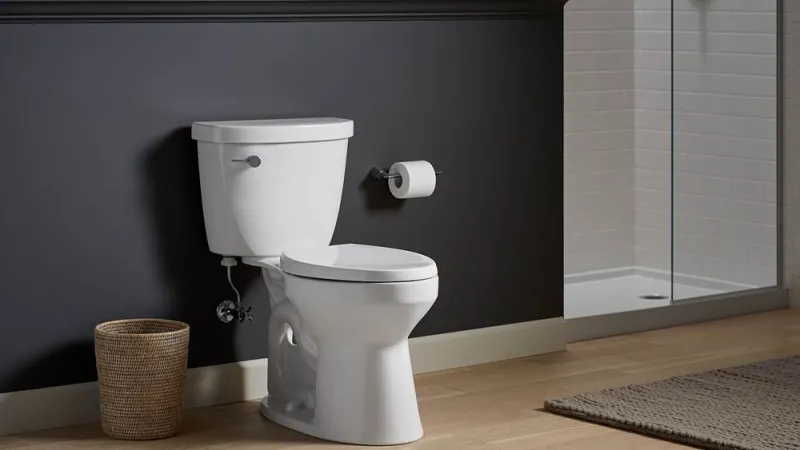
Water Purification
Purifying your water supply has a twofold benefit: You get purer, safer drinking water and eliminate plastic water bottle usage.
If you're looking to help the environment by cutting down on single-use plastic water bottles, a reverse osmosis installed at your kitchen sink will remove common chemical contaminants and reduce certain protozoa, bacteria, and viruses in Atlanta's tap water. If you also want to make your water less hard, a whole-house water softener will limit scale buildup to help your appliances last longer and reduce your detergent and additive usage.
Want to know all of your water purification options? Contact us and our experts will go over our solutions to help you get the most environmentally conscious solution for your home or business.
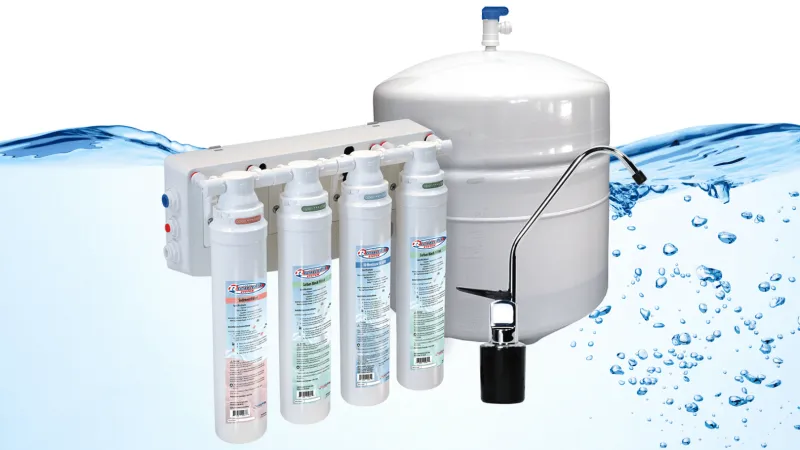
Duct Sealing
One major inefficiency when it comes to HVAC energy usage is leaky ducts, which is when the ducts get holes or become separated at the joints over time. This causes them to either pull in dirty, dusty air from your attic or crawlspace or blow conditioned air into the walls near your supply vents. Either situation is bad news for your energy bill!
Getting your ducts sealed ensures that no dust is being sucked into your system (and blowing it throughout your living space) and that air you paid to cool or heat is going into the rooms you want it to—keeping your energy usage to a minimum. If you have leaky ducts, we also recommend a duct cleaning to remove any existing dirt or debris from your system.
Also, if you're looking to generally improve the air quality in your home or business, we offer HVAC UV germicidal lights to kill viruses and bacteria, and advanced air filtration systems to remove them and other contaminants (pollen, dander, smoke, etc.).
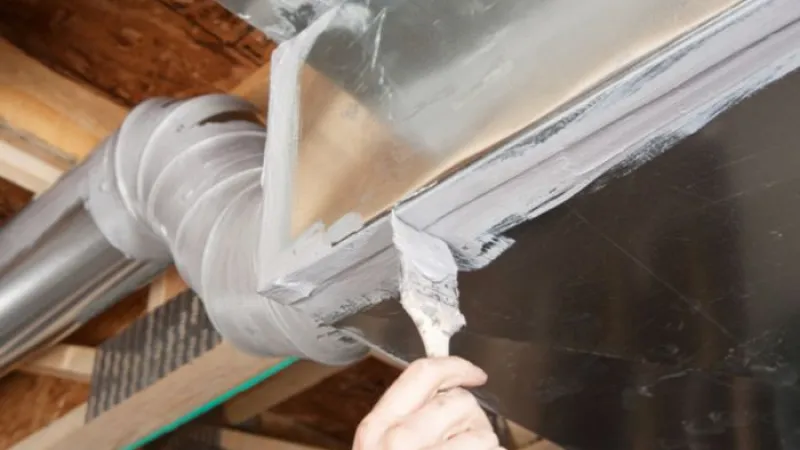
Smart Home Automation
Smart home automation not only allows for the convenience of remotely controlling your HVAC and electrical system, but also reduces your energy consumption based on your habits.
For example, a Nest thermostat learns your heating and cooling preferences so it automatically updates the temperature based on your behavior—allowing you to save 10-12% on heating bills and 15% on cooling bills. Plus, if you need to change the temperature when you're away, you can do so right from your smartphone.
Our electricians can also do an energy audit to make sure your home or business is as energy efficient as possible.
